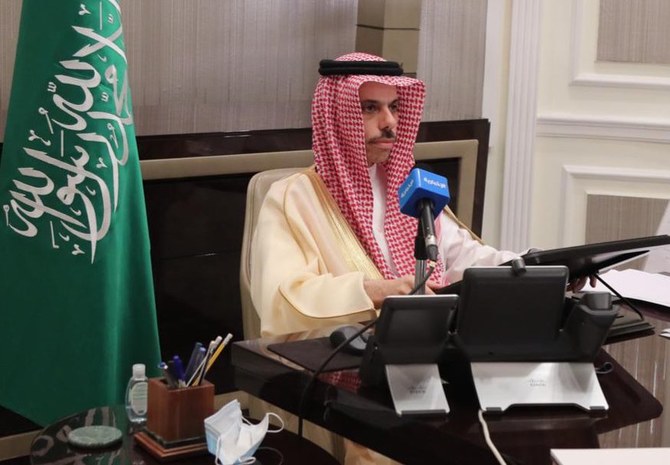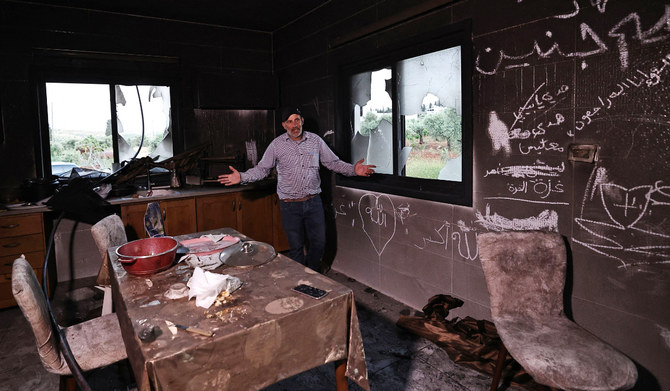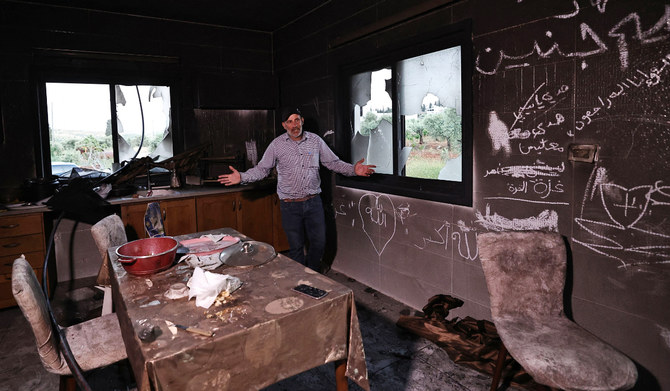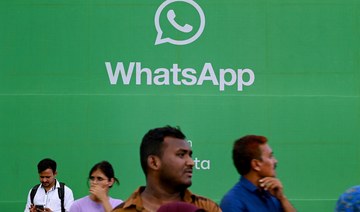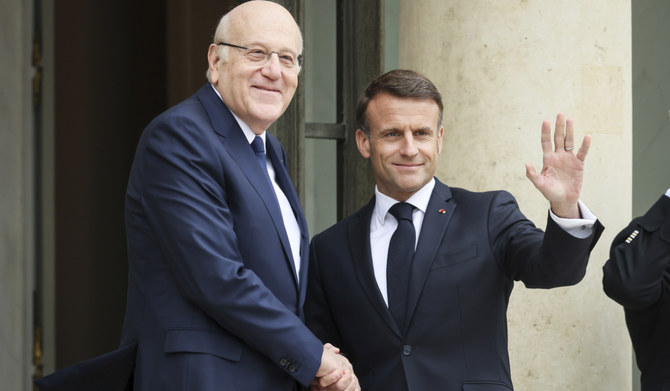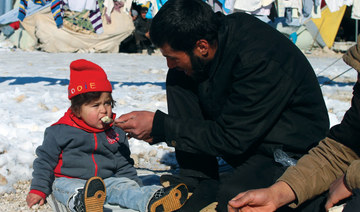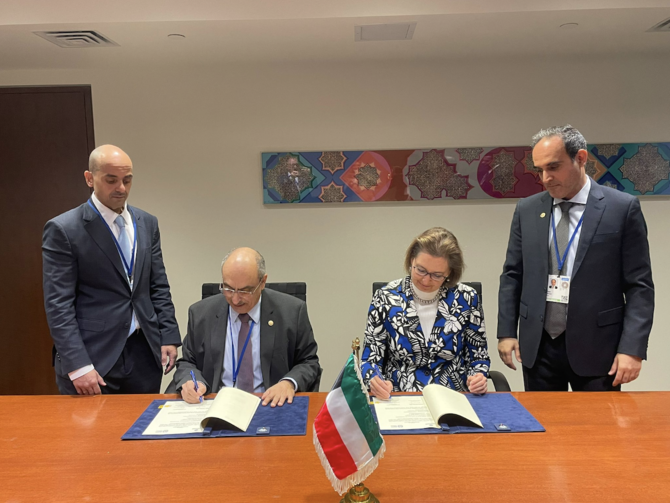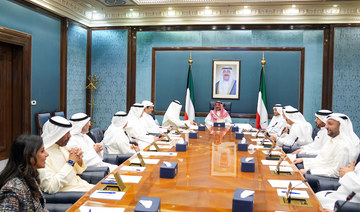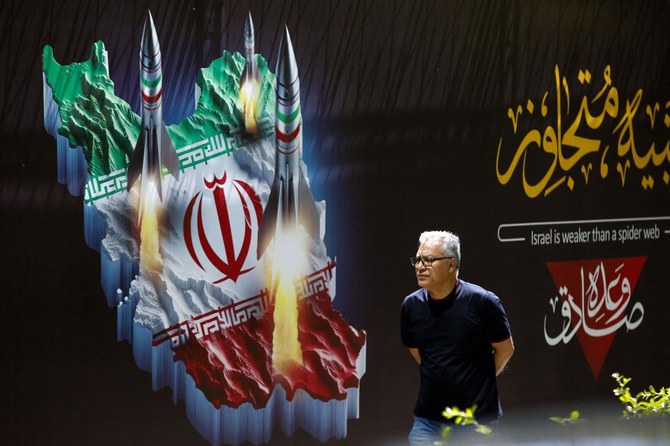JEDDAH: Saudi Arabia led Arab and Muslim condemnation on Sunday of Israel’s “barbaric attacks” on Palestinians in occupied East Jerusalem and the Gaza Strip.
The Kingdom’s Foreign Minister Prince Faisal bin Farhan told an emergency meeting of the Organization of Islamic Cooperation (OIC) that Israel had committed “flagrant violations” against the Palestinians.
“Israel is committing flagrant violations against the Palestinians. We condemn Israeli takeover of Palestinian homes in Jerusalem,” Prince Faisal said in his opening speech during the emergency meeting of the Organization of Islamic Cooperation (OIC).
“East Jerusalem is Palestinian land that we do not accept harm to. The international community must intervene urgently to put an end to Israeli practices.”
Saudi Arabia's foreign minister also condemned what he called the violation of the sanctity of Islamic holy sites and “forcible” eviction of Palestinians from their homes in East Jerusalem.
He called on the international community to carry out its responsibility toward ending this “dangerous escalation,” to act urgently to halt military operations and to revive peace negotiations based on a two-state solution.
Prince Faisal likewise called on the “international community to shoulder its responsibilities in front of Israel’s violations.”
“The international community must intervene urgently to put an end to Israeli practices,” Prince Faisal said.
The OIC condemned “in the strongest terms Israel’s brutal aggression” against the Palestinian people.
It called for an immediate halt to attacks on civilians, which were “a violation of international law and UN resolutions.”
The organization held Israel “fully responsible for the deterioration of the situation caused by its systematic crimes against the Palestinian people across all occupied Palestinian Territories, in particular, the extensive barbaric military attack on the Gaza Strip.”
WATCH THE ORGANIZATION OF ISLAMIC COOPERATION EMERGENCY MEETING
Emirati and Bahraini ministers at the virtual gathering of the 57-member OIC called for a ceasefire and stressed the importance of preserving the identity of Jerusalem, which contains sites sacred to Judaism, Islam and Christianity.
“De-escalation and the highest degree of restraint are important to avoid dragging the region to new levels of instability,” said UAE Minister of State for International Cooperation Reem Al-Hashimy.
At the UN in New York, Secretary-General Antonio Guterres pleaded for an immediate end to the “utterly appalling” violence, and warned that the fighting could plunge the region into an “uncontainable security and humanitarian crisis.”
Guterres told the Security Council: “Fighting must stop. It must stop immediately.”
Pope Francis called on Sunday for an end to the conflict in Israel and Gaza, saying the deaths of so many innocent people in recent days, including children, was unacceptable.
“I appeal for calm, and for those responsible to end the clamor of weapons and to take the path of peace,” he said in a weekly address to faithful gathered in Saint Peter’s Square.
“Many innocent people have died, amongst them there are also children. This is terrible. Unacceptable. Their death is a sign that (people) don’t want to build a future, but destroy it ... I wonder where hatred and revenge will lead?”
Opinion
This section contains relevant reference points, placed in (Opinion field)
The pre-dawn attacks in the center of Gaza City brought the death toll in Gaza to 174, including 47 children, health officials said. Israel has reported 10 dead, including two children.
The US has been isolated at the UN over its objection to a public statement by the Security Council on the worst violence inflicted by Israel on the Palestinians in years.
“We call upon the US to shoulder its responsibilities, take a just position, and together with most of the international community support the Security Council in easing the situation,” said Chinese Foreign
Minister Wang Yi.
The US Ambassador to the UN, Linda Thomas-Greenfield, told the council: “The US has been working tirelessly through diplomatic channels to try to bring an end to this conflict.”
Palestine’s foreign affairs minister Riyad Al-Maliki, speaking during the meeting, said that Israel’s practices were an ‘attack on Arabs, Muslims and international norms.’
“Palestinian people are subjected to Israeli apartheid… and the brutal bombing caused the displacement of more than 10,000 citizens from their homes in Gaza” Al-Maliki said.
“We must impose economic and political sanctions on Israel.”
Al-Maliki also criticised countries that moved to normalise relations with Israel last year.
“Normalisation and running towards this colonial Israeli system without achieving peace and ending the Israeli occupation of Arab and Palestinian lands represents support for the apartheid regime and participation in its crimes,” Maliki told the meeting.
“This colonial occupation must be confronted, dismantled, ended, and banned. The recently accelerated normalisation will not have an impact on the sentiments of the Arab world or change their assessment.”
Turkish Foreign Minister Mevlut Cavusoglu took a similarly hard line.
“Israel alone is responsible for the recent escalation in East Jerusalem, the West Bank and Gaza,” Cavusoglu said. “Our warnings to Israel last week went unheeded.”
- With agencies


